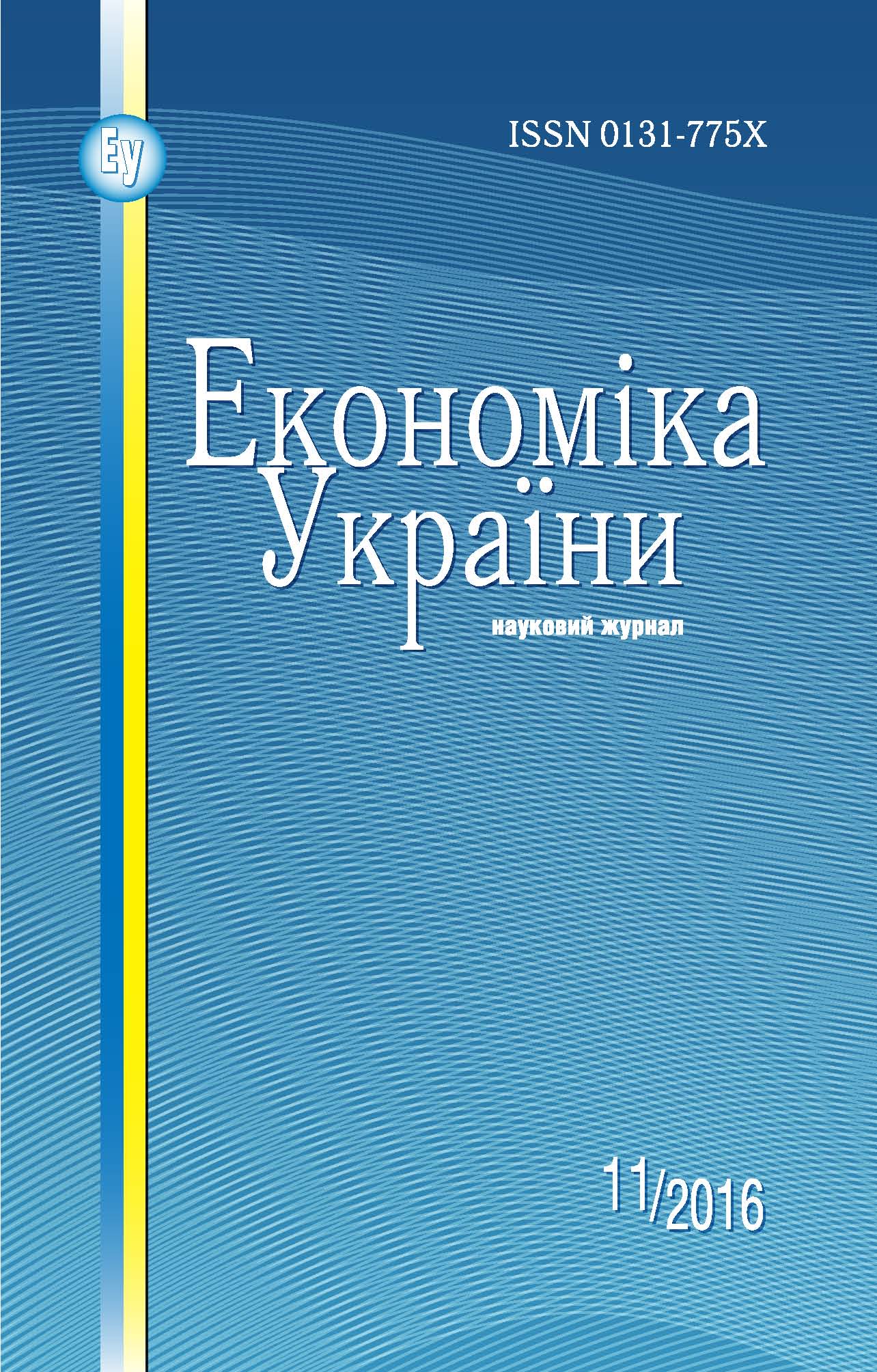ENVIRONMENTAL TAXATION: NECESSITY OR TAXATION AND POLITICAL PRESSURES
Keywords:
ecological regulation of the economy, environmental taxes, political pressure, taxation pressure, international relationsAbstract
The fast development of the industry and the growth of the population cause a sharp increase in the level of anthropogenic load on the natural environment (NE). To solve this problem, such organizations as UNO, Greenpeace, etc. claim the necessity of an ecological regulation of the economy, in particular, by means of the application of environmental taxes. However, the payers of those taxes consider them as an increase in the taxation pressure. Under the conditions of globalization and integrational processes, the use of environmental taxes by countries and the tax rates acquire the political color and can become an argument in the struggle of domestic producers and TNC with national governments.
Such problems are slightly discussed in the scientific literature. Therefore, the article is aimed at the analysis of conditions, under which the environmental taxes can become a tool of the political and taxation pressures, and claims the necessity of their use in view of the signed international agreements, economic and environmental situations, and possibilities of the transboard contamination.
It is established that the political and taxation pressures in the context of the application of environmental taxes are realized in three cases:
1) pressure of the great industrial capital on a government with the purpose to decrease the taxation obligations of the former;
2) pressure of the government on polluters in the case where the technico-technological limit for a decrease in the contamination is attained and the further improvement of the state of NE is impossible without essential break-throughs in the fundamental sciences and without the long-term and expensive studies in the applied sciences;
3) requirements of the countries that are leaders in the environmental regulation of the economy and in the world community as for the introduction of environmental taxes and tax rates in less “ecologically developed” countries.
At the same time, the author proves that Ukraine has the reserves to increase the rates of environmental taxes with regard for the present state of NE, situation with environmental taxes, and inclination to integrate with EU and that the assertion about the existence of the political and taxation pressures of the environmental taxes is not substantiated.
To improve the state of NE in Ukraine with regard for its economic development and the requirements of the Ukraine-EU Association Agreement, a complex of recommendations on the improvement of environmental taxation is proposed.
References
Veklіch O.A. Pervye itogi finansovo-byudzhetnoi detsentralizatsii ekologicheskogo nalogooblozheniya [First results of fiscal decentralization of environmental taxation]. Ekonomika Ukrainy – Economy of Ukraine, 2016, No. 3, pp. 60–74 [in Russian].
Mishchenko V.S. Ukreplenie bazy ekologicheskogo nalogooblozheniya v Ukraine: metodologiya i praktika [Strengthening the environmental taxation base in Ukraine: methodology and practice]. Ekonomika Ukrainy – Economy of Ukraine, 2016, No. 3, pp. 75–87 [in Russian].
Heine D., Norregaard J., Parry I. Environmental tax reform: principles from theory and practice to date. IMF Working Paper, 2012, No. WP/12/180.
Garkushenko O.N. Sostoyanie i perspektivy primeneniya ekologicheskikh nalogov v Ukraine [The state and perspectives of the application of environmental taxes in Ukraine]. Ekonomika Promysl. – Econ. of Industry, 2013, No. 3, pp. 37–46 [in Russian].
Grossman G.M., Krueger A.B. Environmental impacts of a North American free trade agreement. National Bureau of Economic Research Working Paper, 1991, No. 3914.
Simon J. Neischerpaemyi Resurs [The Ultimate Resource]. Chelyabinsk, Sotsium, 2009 [in Russian].
Downloads
Published
How to Cite
Issue
Section
License
Copyright (c) 2024 Economy of Ukraine

This work is licensed under a Creative Commons Attribution-NonCommercial-NoDerivatives 4.0 International License.



